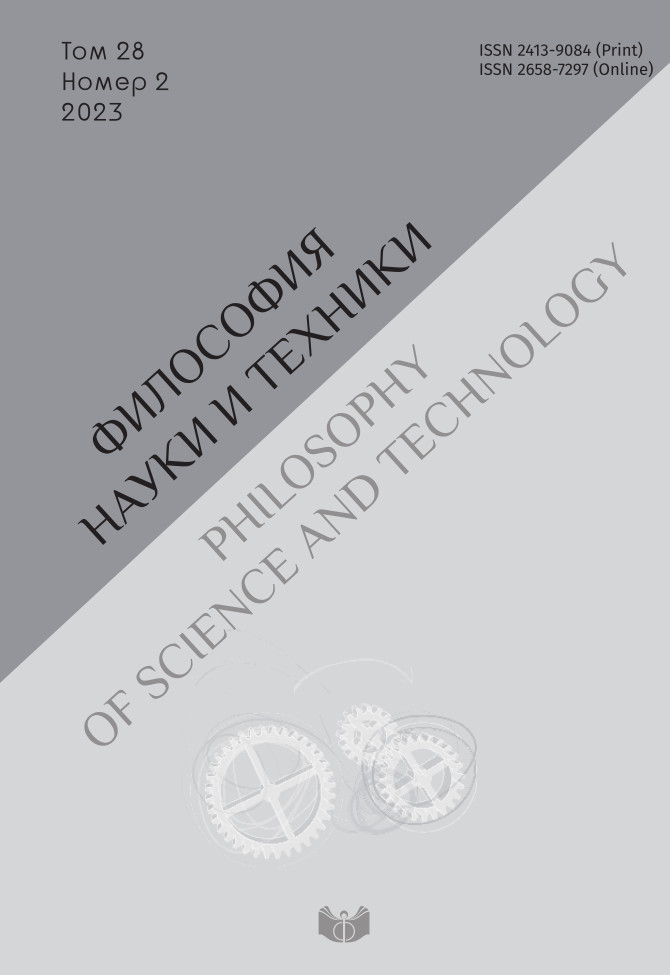Mythological foundations of rationality
DOI:
https://doi.org/10.21146/2413-9084-2023-28-2-120-132Keywords:
rationality, consciousness, myth, generalization, space, knowledge, harmony, syncretism, law, efficiencyAbstract
The paper makes an analytical attempt to determine the nature of the connections between myth and science, irrationality and rationality. In this regard, we see the purpose of our work in the definition of myth and the reconstruction of mythological consciousness, which is not only the first, but also a more effective way of mastering the world in comparison with the rational method. The stated goal consistently solves four tasks, the first of which is to determine the nature of the mythological image. The solution of the second problem will reveal the mechanism of the transition of mythological consciousness into a universal method of thinking – generalization. The answers to the questions of the third task will allow us to describe the “conditions of transition” of mental generalization into a similar form of rational thinking. The solution of the fourth problem will make it possible to substantiate the position that the mythological image is the alpha and omega or the beginning and end of rational thinking. For this purpose, the text explains how the myth revealed itself in four universal principles of being and thinking: “everything in everything”, “like begets like”, “what is above, is below” and “the secret controls the obvious”. Four unconscious aspects of the manifestation of mythological thinking are derived from them: syncretism, similarity, analogy and heuristics, which will later turn into a universal formula of rationality. To substantiate such a transition, a consistent connection of an unconscious mythological image with a mental generalization is revealed, which then turns into rationality. This is manifested in the fact that the imaginary image of mythological consciousness reveals its significant influence on the mental process of generalizing particular events in which the imaginative perception of the world sees the future. This is possible because the four properties of mental generalization correspond to similar characteristics of rational thinking. As a result, it is concluded that the process of generalization is a household form of rationality, and rationality becomes an optimized or enhanced type of everyday generalization. The research becomes an attempt to analytically substantiate the “supra-rational” content of the mythological image, which acts as an inexhaustible archive, a source of rational thinking, offering one of the possible options for the transformation of the myth into a rational “logos”.











